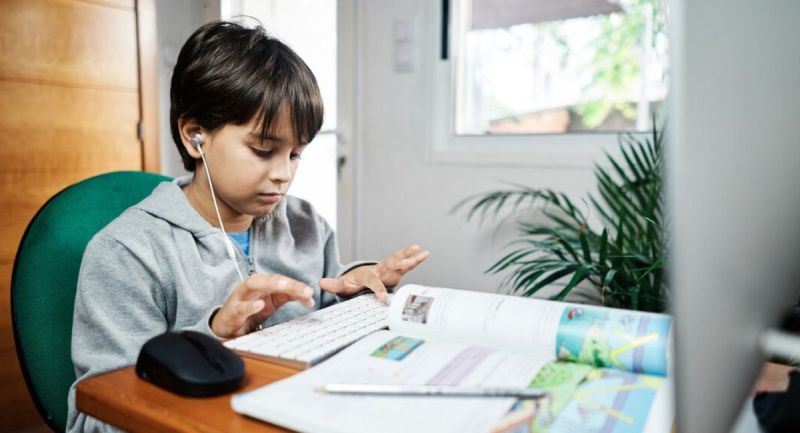Homeschooling rises as families seek personalised education

- Newsband
- 08 May, 2025
India’s education system is seeing a quiet but steady transformation. A growing number of families are stepping away from traditional classrooms and turning to homeschooling as a genuine alternative. This change is fuelled by a desire for more personalised learning, emotional well-being, and freedom from rigid structures.
For years, schooling in India has followed a set path: packed classrooms, standardised syllabi, and exam-driven assessments. But cracks in this model are becoming more visible. More parents are now seeking an approach that suits their child’s unique needs, rather than forcing every student to conform to the same pattern.
The COVID-19 pandemic played a key role in speeding up this shift. As schools shut down, parents had to take charge of their children’s education at home. This unexpected experience gave many a closer look at their children’s learning styles. Without the stress of tight schedules and high-pressure exams, children appeared more at ease and engaged. This led some parents to question whether going back to the old system made sense. For them, homeschooling emerged as a way to continue a more flexible and nurturing style of learning.
Advances in technology have made home education easier and more widely available across India. Every child learns differently, with unique strengths and interests. Large classrooms often struggle to meet these varied needs. Homeschooling allows families to set the pace, focus on topics that excite the child, and adopt teaching methods that work best for them. It also removes much of the stress and competition often found in formal schools.
Advances in technology have made home education easier and more widely available across India. Online platforms now offer live lessons, digital resources, and interactive tools. Educational apps help parents teach even complex subjects with confidence. At the same time, support networks of homeschooling families have grown. These communities share resources, organise group sessions, and arrange outings, helping children build friendships and social skills.
Another important change is how learning is measured. Instead of relying solely on exams, homeschooling families use projects, portfolios, and presentations to track progress. This broader approach values creativity, critical thinking, and problem-solving—skills that are vital in the modern world.
Looking forward, education in India may evolve into a blended model that draws from both classroom learning and homeschooling methods. This flexible model could bring together the advantages of both approaches. For now, more families are embracing homeschooling not out of necessity, but as a conscious, empowering choice for their children’s growth.





